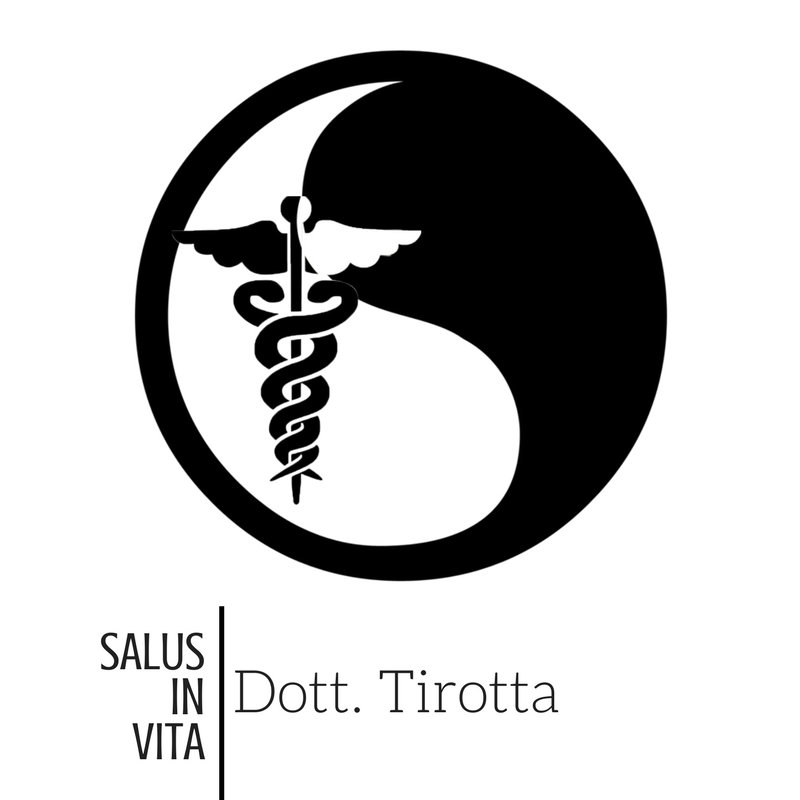|
Gli omega 3 fanno parte della categoria dei “grassi buoni”, quelli cioè che fanno bene alla salute.
Il più famoso ha un nome impronunciabile , acido eicosapentaenoico, abbreviato in EPA. ALA e DHA, gli altri due. Gli omega 3 sembrano una panacea di tutti i mali: abbassano la pressione, normalizzano i trigliceridi, rallentano l’arteriosclerosi; riducono il rischio di aritmie, malattie di cuore e ictus cerebrale; prevengono i tumori; di aiuto nella colite; sono utili in malattie neurologiche, oculari e reumatologiche. In realtà la letteratura scientifica non ha propriamente dimostrato tutto questo. I cibi ricchi di queste spettacolari sostanze sono specialmente i pesci, in particolare quelli grassi (come le sardine). Tra le piante, i semi di lino, quelli di chia e le noci, sono ricchi di precursori che possono essere convertiti, almeno in parte, in omega 3. La prestigiosa AHA, società USA di cardiologia, consiglia sicuramente l’assunzione di 2-4 g di omega 3 al giorno in chi ha i trigliceridi molto elevati, perché un autorevole studio (REDUCE-IT) ha dimostrato una riduzione del 25% di eventi cardiovascolari. Molto interessante sembra essere l’effetto anti infiammatorio. In effetti numerosi studi ne hanno documentato l’utilità nell’artrite reumatoide, riducendo il bisogno di cortisone e farmaci anti infiammatori. Sono sostanze sicure e maneggevoli , al più difficili da digerire per alcuni. La tossicità è descritta solo con dosaggi molto alti. Gli omega 3 vanno usati con un minimo di cautela in chi usa anticoagulanti, in quanto in dosi massicce (> 3-6 g/die) rendono fluido il sangue con un effetto simil aspirina. (Liberamente tratto da MEDSCAPE). The three most studied types are alpha-linolenic acid (ALA), eicosapentaenoic acid (EPA), and docosahexaenoic acid (DHA). Omega-3 fatty acids have been suggested to help lower blood pressure; reduce triglycerides; slow the development of plaque in the arteries; and reduce the risk for arrhythmia, heart attack, and stroke. However, recent studies have shown conflicting evidence, specifically in terms of cardiovascular event rates. The omega-3 content of fish varies by type, with cold-water fatty fish (eg, salmon, mackerel, tuna, herring, sardines) having high amounts of DHA and EPA and seafood with less fat (eg, bass, shrimp, oysters) having lower levels. Several plants (eg, chia seeds, flaxseed oil, English walnuts) are high in ALA, which can be converted into EPA and then to DHA; however, the conversion is typically limited. Consuming DHA and EPA directly, either from foods or supplements, remains the best way to increase these fatty acid levels. In patients with elevated triglycerides (200-499 mg/dL) or very high triglycerides (≥ 500 mg/dL), the AHA has recommended 2-4 g/d of EPA alone or EPA plus DHA. The AHA has concluded that prescription omega-3 fatty acids at a dose of 4 g/d are an effective and safe option for reducing triglycerides as monotherapy or as an adjunct to other lipid-lowering agents. Use for improving atherosclerotic cardiovascular disease risk in patients with hypertriglyceridemia is supported by a 25% reduction in major adverse cardiovascular events in REDUCE-IT, a randomized placebo-controlled trial of EPA only (ie, icosapent) in high-risk patients treated with a statin. Although less potent than aspirin, fish oil has been recognized as having antiplatelet effects when large amounts are taken. The supplements may prolong clotting times in patients who are also taking warfarin. However, 3-6 g/d of fish oil is not likely to significantly affect bleeding risk. Omega-3 fatty acids benefits have been reported in a wide variety of conditions, with varying degrees of support. This includes cardiovascular disease, cancer prevention, neurologic conditions, ocular conditions, and rheumatoid arthritis. Clinical trials as far back as the 1990s have demonstrated that omega-3 fatty acid supplements reduce the need for anti-inflammatory drugs and corticosteroids in patients with rheumatoid arthritis. A 2020 study found that omega-3 fatty acids may modulate disease activity in patients with rheumatoid arthritis. As with other potential benefits, the use of fish oil and other omega-3 supplements in this population remains under investigation. Whether or not omega-3 fatty acids are associated with increased or decreased prostate cancer risk is still unclear. Likewise, the potential for these agents to help with irritable bowel syndrome has yet to be scientifically proven. Heartburn is a known side effects of fish oil supplementation. Dietary vitamin A is obtained from preformed vitamin A (or retinyl esters), which is found in animal foods (liver, milk, kidney, fish oil), fortified foods, and drug supplements. Although rare, vitamin A toxicity after long-term use of high-dose fish oil supplements has been reported. Such toxicity can lead to dizziness, nausea, joint pain, and skin problems. Excessive fatty acids have been linked to insomnia. Although infrequently experienced, diarrhea is a recognized side effect of fish oil supplementation.
0 Comments
Leave a Reply. |
E' Tempo per...Cose da Dire Archivi
July 2024
Categorie |
Grazie per aver visitato il blog!
|
Telephone+39 338 860 3928
|
|


 RSS Feed
RSS Feed